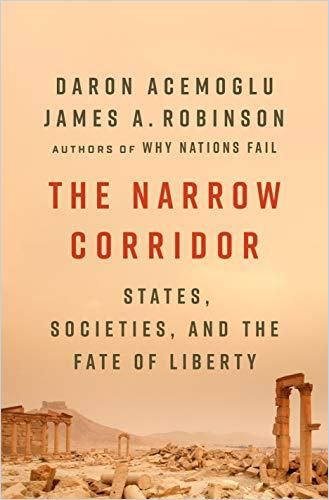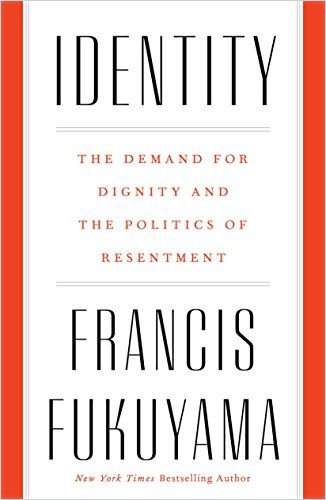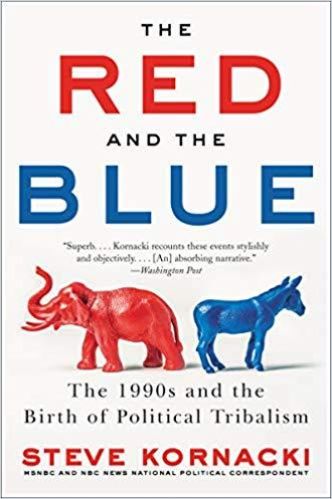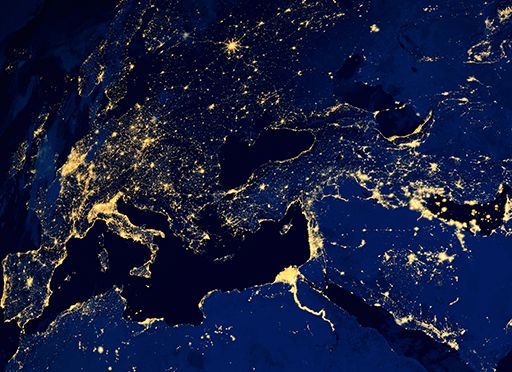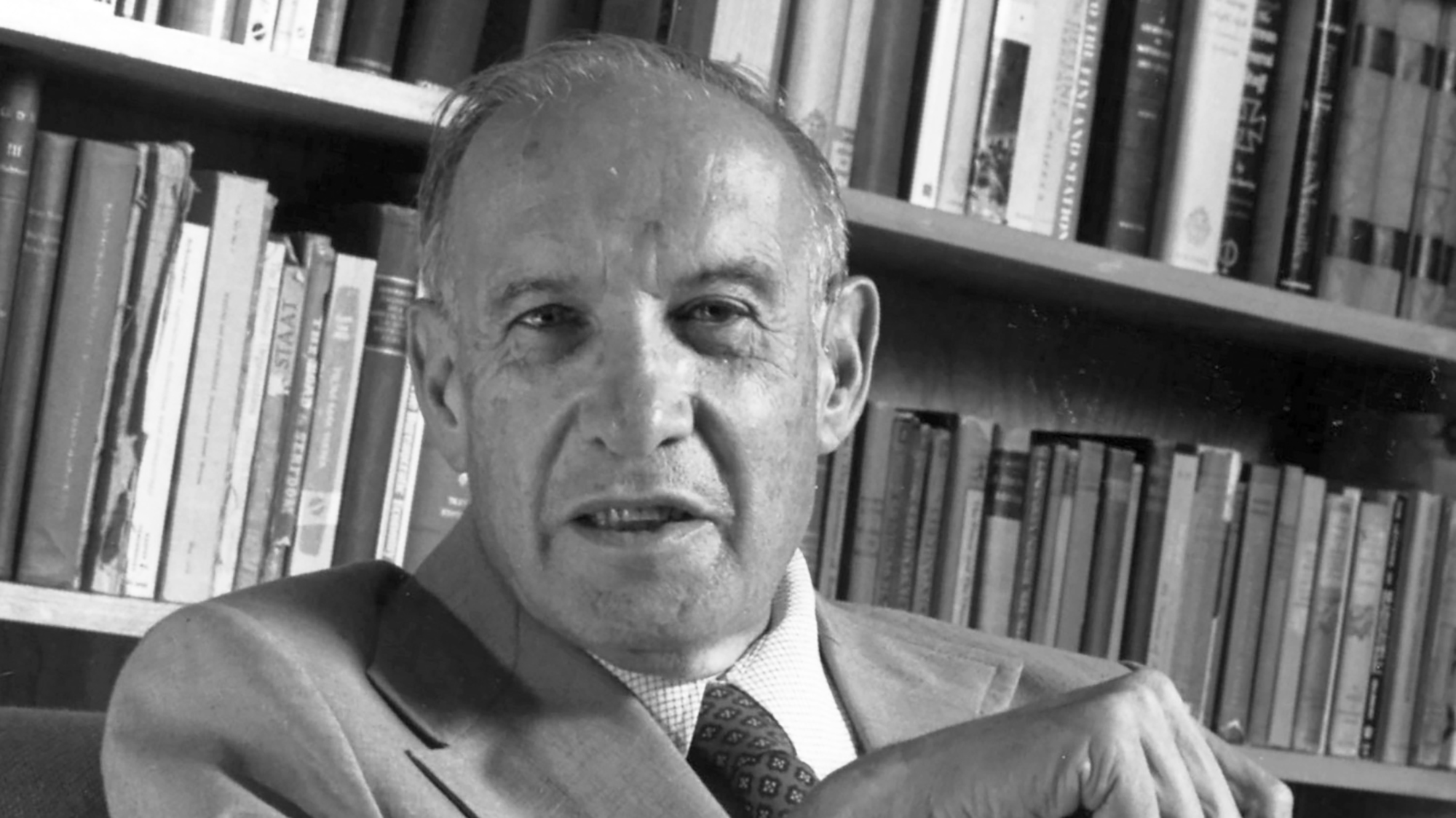FOCUS: The Decline of Democracy
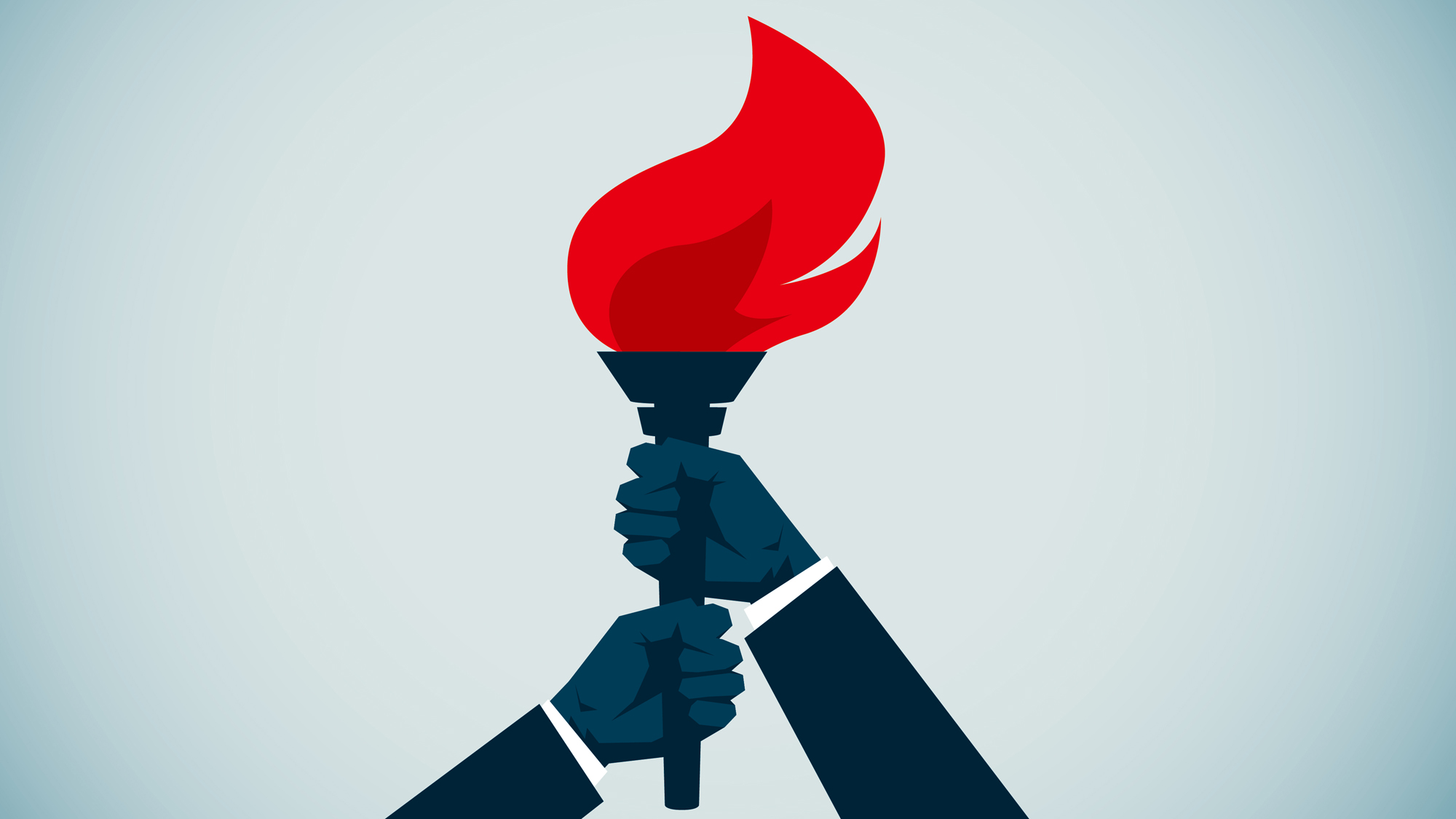
The “Freedom in the World” report has often been called the “Michelin Guide to democracy’s development.” It is one of the world’s most respected reports when it comes to the development of civil rights and restrictions of liberty. Its latest edition was published last week. As Evan Osnos points out in his balanced comment in The New Yorker, the results are devastating:
Sixty-four countries have lost liberties in the past year, while only 37 registered improvements.
This continues a trend that had already begun in 2004: since then, the number of countries in which there is a loss of freedom has outweighed the number of countries that gained freedom. The situation in the USA is especially alarming:
In 2009, the United States had a score of 94 out of a 100, which ranked it near the top, just behind Germany, Switzerland and Estonia. In the decade since, it has slipped eight points; it now ranks behind Greece, Slovakia, and Mauritius.
The current American president was reflexively chided for this fact, but Freedom House data shows that the roots of the problem lie deeper, as Osnos examines.
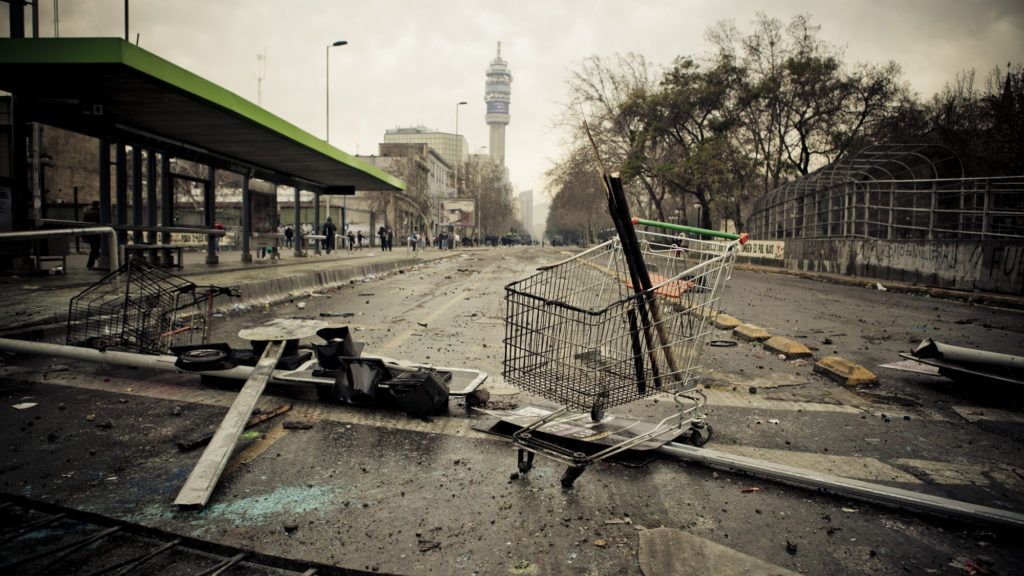
The issue is a political minefield. Nevertheless, it should alert every citizen in a “free” country: It is not a law of nature that one can speak one’s mind openly, move freely and defend oneself against attacks by others – if need be via a functioning constitutional state.
In an exclusive interview, MIT economist Daron Acemoğlu vividly explains how liberty can be maintained and why it is worthwhile to work for it – also and especially in an economic context:
We have compiled three top summaries on the subject:
